|
We reached out to our festival filmmakers to ask them five questions about the experience of making their films.
What inspired this story?
Producer, Camera Operator, Narrator and Editor Tom Parry: Like a lot of us, I have two sides to my personality - an artistic side and a scientific side - which I’ve struggled to reconcile throughout my life. After spending most of my school years aspiring to be an artist and building a portfolio of work, in 2013 I changed course and went to University to study Zoology. Over the next few years I worked with wildlife biologists around the world and developed a strong appreciation for the incredible intricacy and vulnerability of nature. I also came to realise that - contrary to the narrative I was given at school - science and art are not mutually exclusive. Science has room for creativity, just as art has room for objectivity. I want to share my passion for wildlife and engage people with the natural world. A Place For Penguins is my first venture into filmmaking. I researched, filmed, edited and narrated the film for the dissertation of my recently completed Masters in Wildlife Filmmaking at the University Of The West Of England. My aim was to tell a story that demonstrates the inherent compatibility of science and art. Conservation is a collaborative effort and I believe that if we are going to meet the challenges facing our planet we need to cooperate, think outside-the-box and break down traditional academic disciplines to unearth innovative solutions. So A Place For Penguins is a story of conservation, creativity and collaboration.
Were there any surprising or meaningful experiences you want to share?
TP: I was very surprised when I first saw the POV footage taken from on-board cameras strapped to the penguins. We tend to think of penguins as somewhat silly creatures – there’s no getting around it, when they’re on land they’re hopeless. It’s a huge part of their charm. Sat behind the lens, I found myself laughing out loud at the things as they struggled to waddle up the shore. But their agility on land is hampered for a reason – under the waves that body shape makes complete sense. It’s incredible how nimble and agile they are, and the speeds they can reach at full pelt isn’t half bad – over 20mph. I was really pleased to be able to include those shots in this story. I think perhaps we spend a little too much time laughing at penguins. It’s good see them in their element and appreciate them as the proficient marine predators they undoubtedly are. Another surprise, I wasn’t quite ready for the smell of full penguin colony...
What impact do you hope this film will have?
TP: When I told friends and family of my plans for this film, the most common response was “Penguins? In Africa? What are they doing there?” Most people didn’t realise penguins are native to the continent, let alone that Africa has lost 99% of them in the last 100 years. This ignorance isn’t confined to London – even in Cape Town, the penguins’ perilous situation did not appear to be common knowledge. Locals would often recommend the penguins to me as a tourist activity, then be shocked to be told that I was there as a filmmaker to document a desperate rescue mission for them. I hope that this film does a little to highlight the effects the industrial fishing industry is having on Africa’s few remaining penguins, a species that is so often overshadowed by Africa’s more stereotypical wildlife. On another note, I also hope that Christina and Roelf’s story will challenge a traditional narrative that I have a personal gripe with - I dislike the idea that creative and artistic people have no part to play in science. Christina’s willingness to think outside the box and take a huge, daunting challenge head on is truly inspiring, as is Roelf’s new outlook on his work and the role he can play in conservation through his art. Everyone has a part to play in preserving our natural world and I hope through seeing this film others have the opportunity to be inspired by Christina and Roelf, just as I was.
Describe some of the challenges faced while making this film.
TP: As a recent Biology graduate, this was the first film I have ever produced. Almost everything was new and everything a challenge! Overall the experience has given me a massive appreciation for the vast array of technical skills involved in a production like this. From shooting to sound-recording, mixing to colour-grading, the number of individual specialist skills involved is huge. Travelling to Cape Town for the first time alone to film and taking on almost every role in production myself has been a very humbling experience which has given me yet more admiration for the skill and dedication of those filmmakers I’ve drawn inspiration from over the years. I’m honoured to be shortlisted alongside some of them in this festival. I found keeping the film short a huge challenge because I encountered so many people with great stories to tell about Africa’s penguins. I had to let go of a lot of footage I wanted to include. Also, making this film as a self-funded student, I struggled to get to Africa in the first place – I was only able to do so due to the generous backing of my crowdfunding project. I’m very grateful to everyone who contributed.
What drove you as a filmmaker to focus on our oceans and marine life?
TP: The oceans have always intrigued me. Given how much of our planet is covered with water, I find it incredible how little we know about them. Historically even the most renowned environmental thinkers saw the oceans as an untouchable, endless resource, ‘limitless and immortal,’ which our species could never significantly impact. We’ve now begun to realize just how wrong they were. Our capacity to disrupt entire marine ecosystems is being demonstrated to us before our very eyes. And the plight of these penguins perfectly demonstrates that this damage is not confined to beneath the waves. The effects of overfishing, pollution and global climate change will be felt not just by marine life, but all those familiar animals we know and love who, just like us, depend on healthy oceans for their survival.
0 Comments
Leave a Reply. |
Archives
March 2024
Categories
All
|
Contact UsJackson Wild
240 S. Glenwood, Suite 102 PO Box 3940 Jackson, WY 83001 307-200-3286 info@jacksonwild.org |

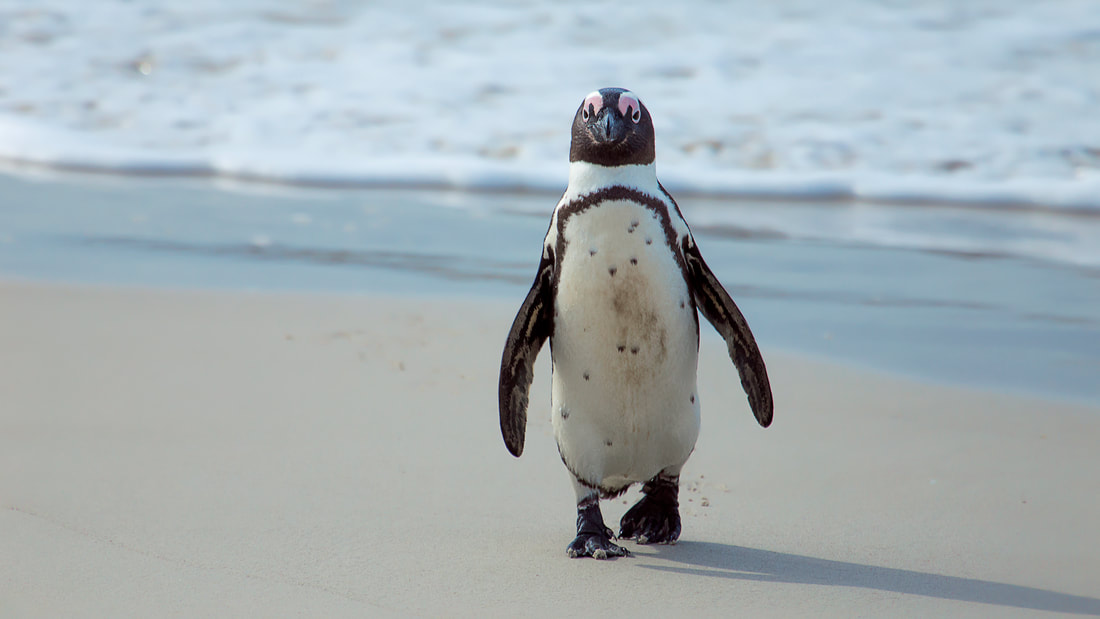
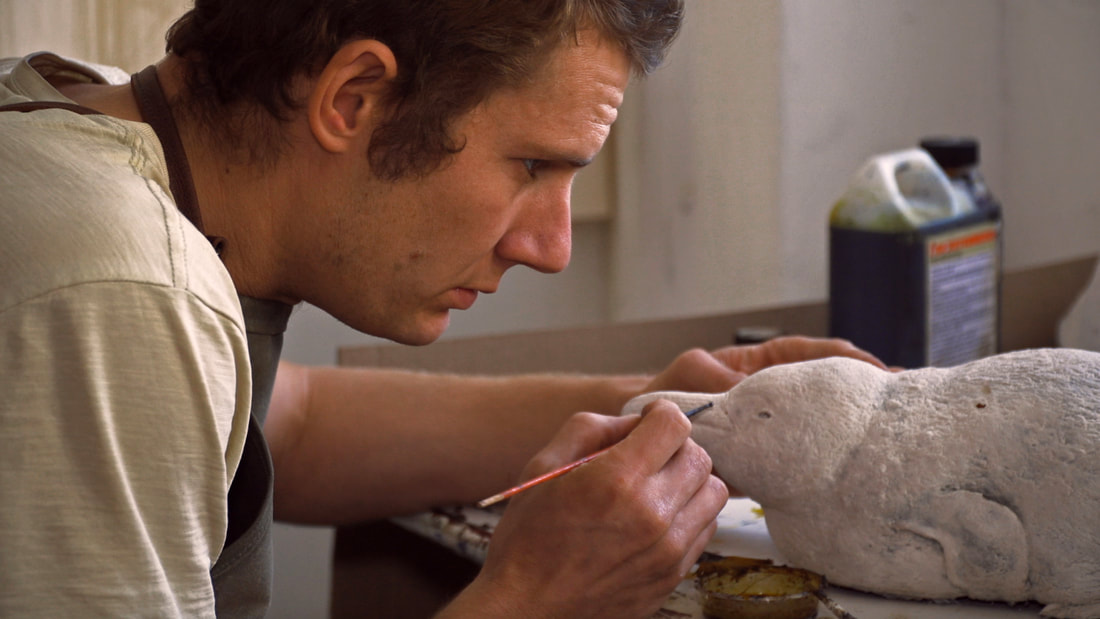
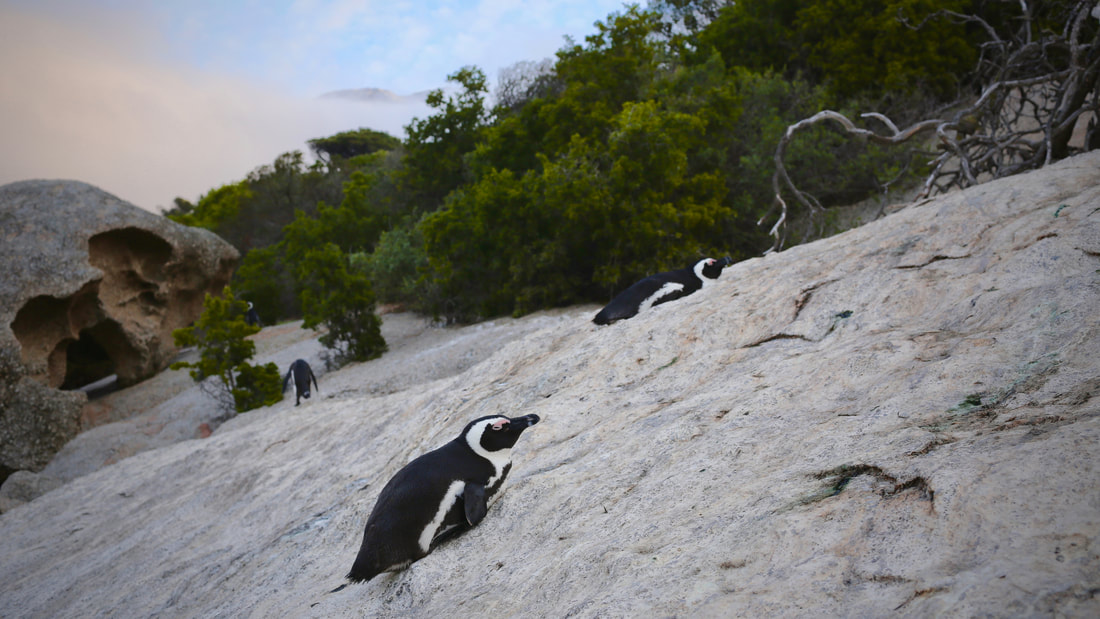
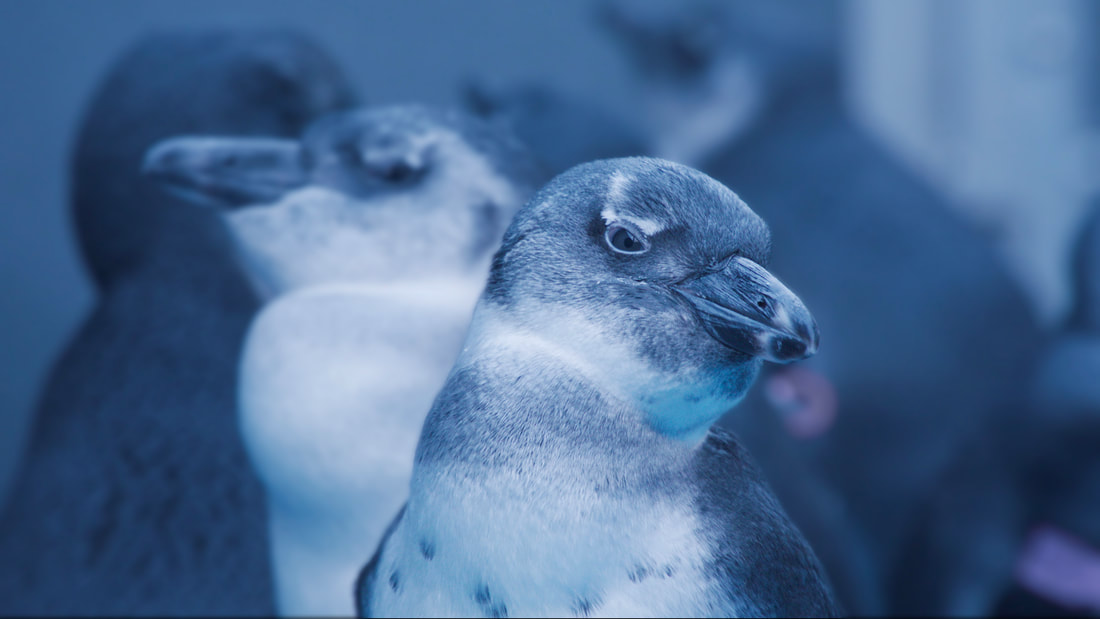
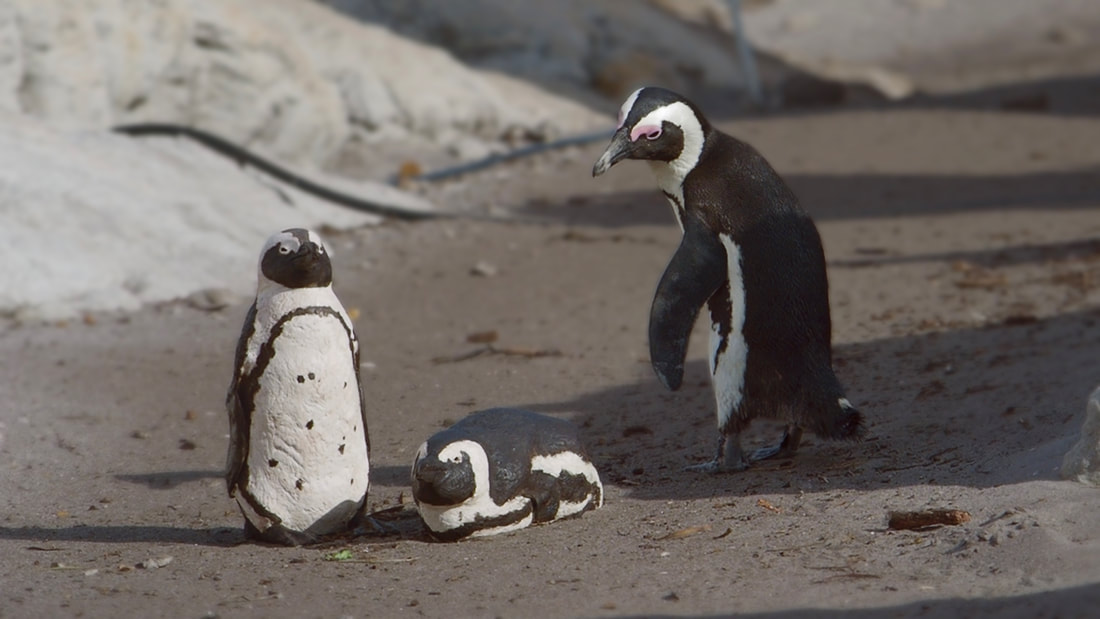
 RSS Feed
RSS Feed